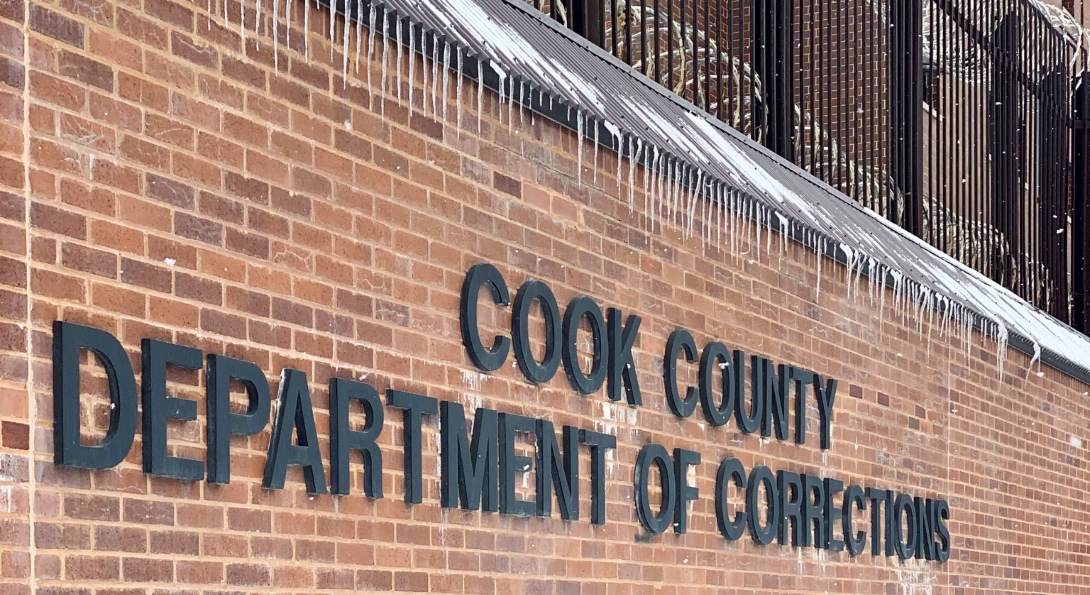As previously mentioned on the SC Roadmap blog, Illinois has become the first state to eliminate cash bail. This was one month ago, and the ripple effect is already being felt. The population of the Cook County Jail has dropped below 5,000 inmates for the second time since the mid-1980’s, with the only other occasion occurring during the 2020 pandemic.
Before the Illinois Pretrial Fairness Act was implemented last September, many inmates would remain in jail awaiting court, unable to make their bail. Cash bail also negatively impacts Black and POC people at a greater rate that whites. The poorest one third of defendants are those least likely to be able to afford bail, which disproportionately results in Black and POC defendants being detained. On top of that, Black and POC defendants are 10-25 percent more likely to have to pay cash bail than their white counterparts. Additionally, Black men face bail amounts that average 35 percent higher than those for white men accused of similar crimes, whereas Latino men face 19 percent higher bail than white men.
However, there is an aspect of the new law that might result in the jail population growing once again. Judges will probably become more likely to hold inmates without bail if they pose too great a risk outside the jail. For example, domestic battery defendants. According to the new law, a judge must decide if retaining the defendant is “necessary to avoid a real and present threat to the safety of any person or persons or the community … or to prevent the defendant’s willful flight from prosecution.”
Loyola University Chicago criminologist David Olson has observed that judges are “considering all the aspects that the law envisions about the individual — what risks they pose to public safety, the nature of their criminal history, if they have histories of violence and things like that.” When it comes to individuals who have been charged with domestic battery, the new law may actually be helping protect victims. “Historically, it was about a 50-50 chance as to whether those defendants would be required to post money. But when they had to post money, they usually did so in a relatively brief period of time,” Olson said.
While the Illinois Pretrial Fairness Act has only just begun to make an impact, the MacArthur Foundation reports that the feared crime wave has yet to materialize in the various cities where cash bail has been abolished. More over, numbers on defendants failing to appear in court have remained consistent in these same cities.
(Source: WBEZ Chicago)

